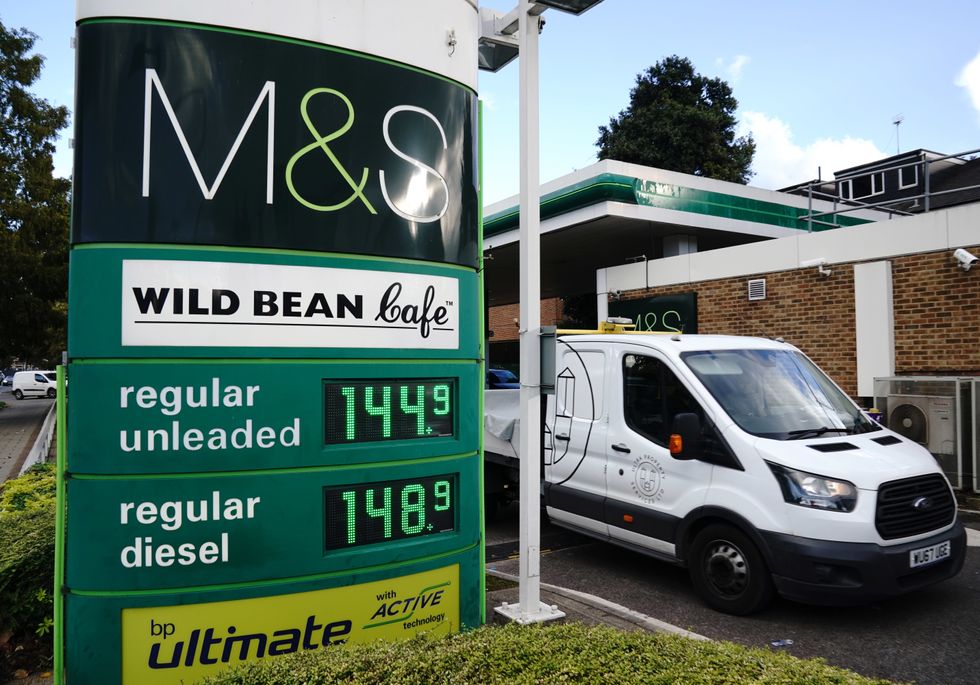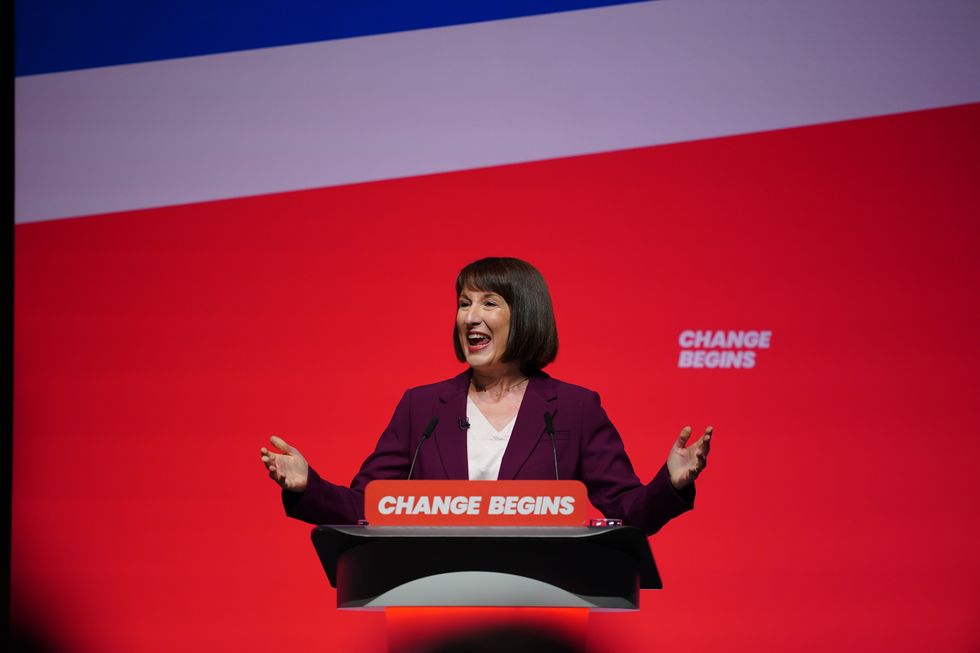British drivers visiting the pumps could be hit with expensive costs in the coming months because of global tensions stemming from the conflict in the Middle East.
At present, drivers in the UK are paying 134.46p per litre at the pump for their unleaded petrol, while diesel motorists are paying 139.15p per litre.
The RAC currently forecasts that prices will continue to fall in the future, although the current situation in the Middle East could put an end to the months-long price drops.
With Israel continuing with its ground invasion of Lebanon in its conflict with Hezbollah and the Israeli strikes on Gaza, uncertainty in the region is likely to continue.
Do you have a story you’d like to share? Get in touch by emailing[email protected]

Fuel prices are often dictated by global tensions
PA
As with other conflicts in the past, this could lead to the price of Brent crude oil spiralling in the near future and impacting costs at pumps across the world.
Paul Holland, Managing Director for UK/ANZ Fleet at Corpay, including UK brand, Allstar, spoke to GB News about the threats drivers face at the pumps as a result of global tensions.
He said: “We have already seen the prices of crude oil rise by three per cent after Iran’s missile attack on Israel.
“While Yemen and Lebanon have little to do with Europe’s energy supplies, the possibility of a much larger regional war is causing markets to become nervous.”
Global tensions have forced prices higher in recent years, most notably with the Russian invasion of Ukraine in 2022, which prompted the Government to cut fuel duty by 5p per litre.
This eventually led to the highest average petrol and diesel prices ever seen in the UK when petrol hit 191.23p per litre, while diesel soared to 198.93p.
Speaking at the time, then-Chancellor Rishi Sunak said a 12-month cut would be introduced on fuel duty worth five pence per litre, estimated to save the average car driver £100 a year, £200 a year for a van driver and £1,500 for hauliers.
This was again extended by former Chancellor Jeremy Hunt in 2023 and earlier this year, with the current 12-month extension set to expire in March 2025.
Holland continued, noting that while European countries get “virutally no energy supplies” from Iran because of sanctions, a wider war between Iran and Israel could cause issues.
He said: “The problem is increased demand if Iran’s energy production is damaged – countries that source a lot of oil and gas from Iran like Pakistan, Thailand and Russia are going to have to look elsewhere, and they might start competing for oil that would otherwise have been sent west.
“It is possible that this exchange of ballistic missiles will end here, like the previous missile strike, but if the conflict escalates then there’s no telling how high prices could climb.”
It is unsure whether the Government will make any changes to the fuel duty rate in the upcoming October Budget as Rachel Reeves looks to cover a £21.9billion black hole left by the previous Conservative administration.
LATEST DEVELOPMENTS:
- Labour promises to reinstate 2030 petrol and diesel car ban despite ‘challenges’ with electric vehicles
- Drivers charged millions in Ulez expansion fines as petrol and diesel owners continue to be punished
- Uber calls for return of 2030 petrol and diesel car ban as it suggests waiting longer for electric vehicles

Rachel Reeves will unveil Labour’s first Budget on October 30
PA
Thanks to immediate action from the Government, the black hole is now £16.4billion, although further measures announced in the Budget could have a greater impact on motorists.
Speaking to GB News, a spokesperson for HM Treasury said: “Following the spending audit, the Chancellor has been clear that difficult decisions lie ahead on spending, welfare and tax to fix the foundations of our economy and address the £22billion hole in the public finances left by the last Government.
“Decisions on how to do that will be taken at the Budget in the round.”